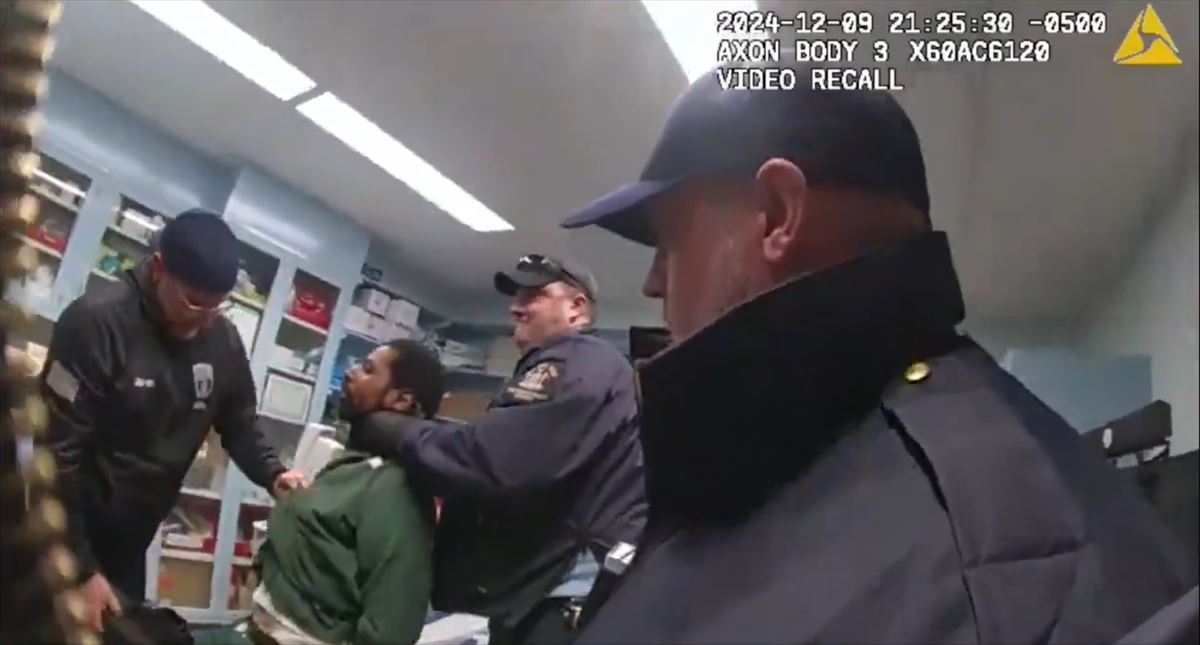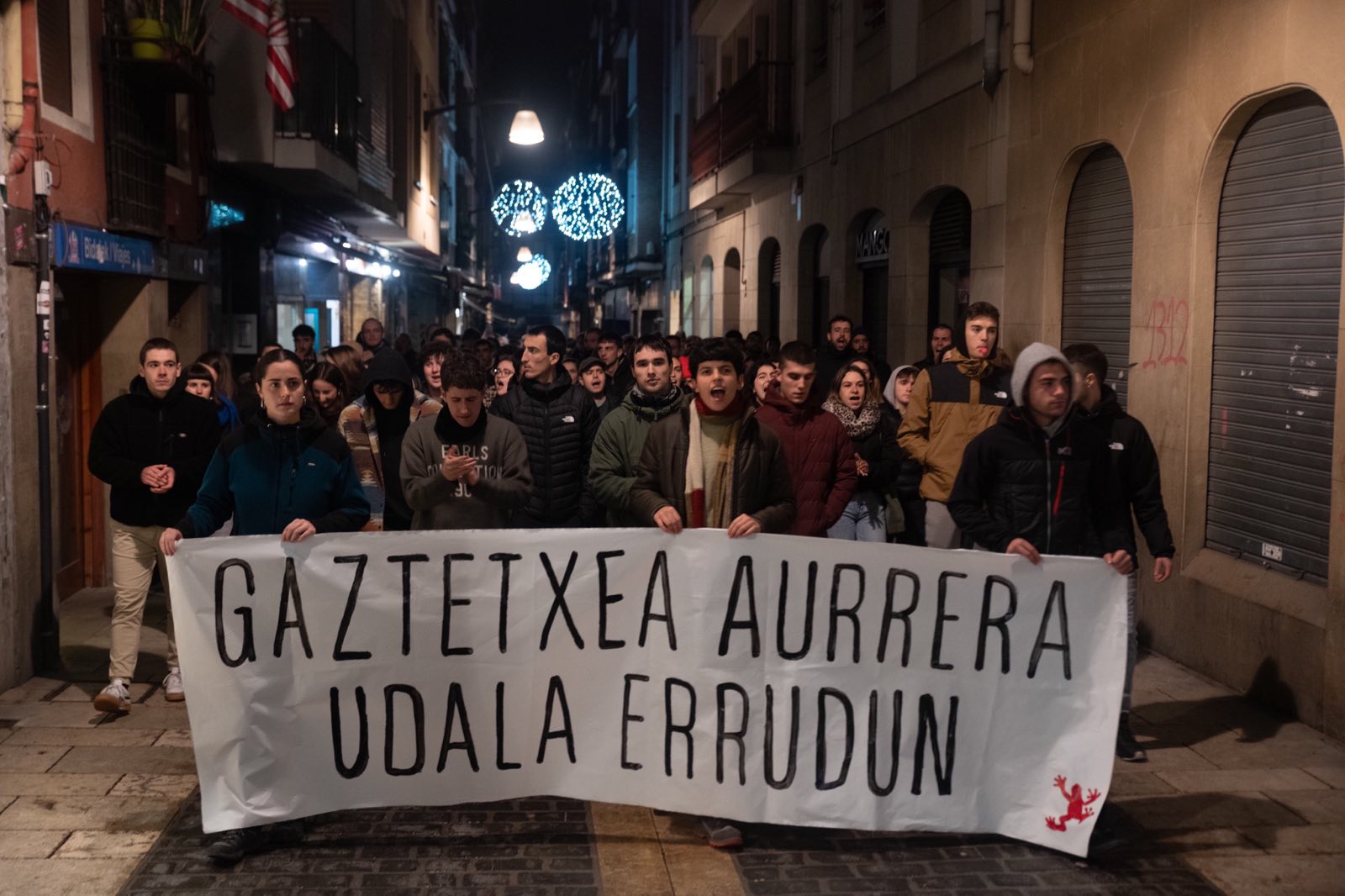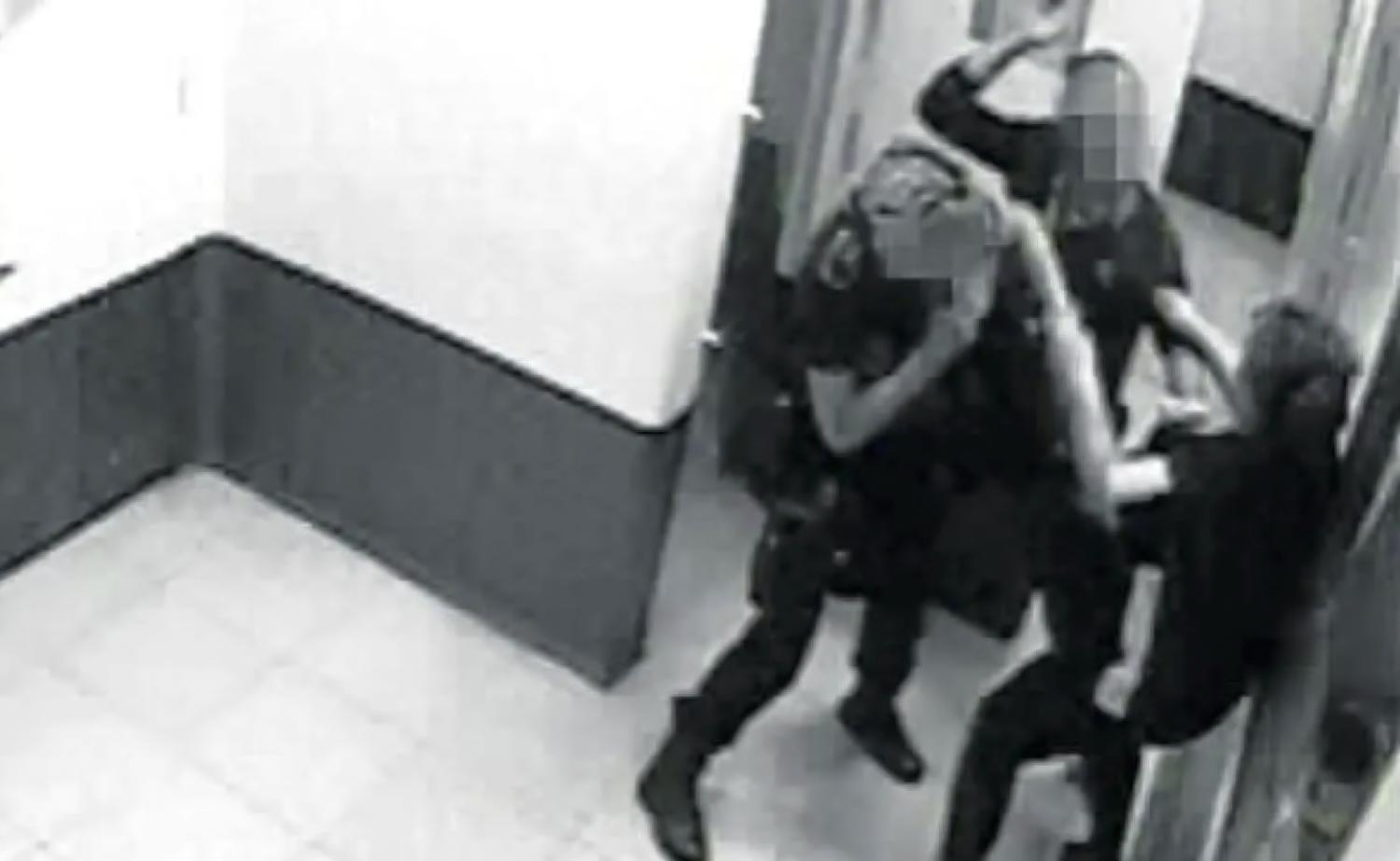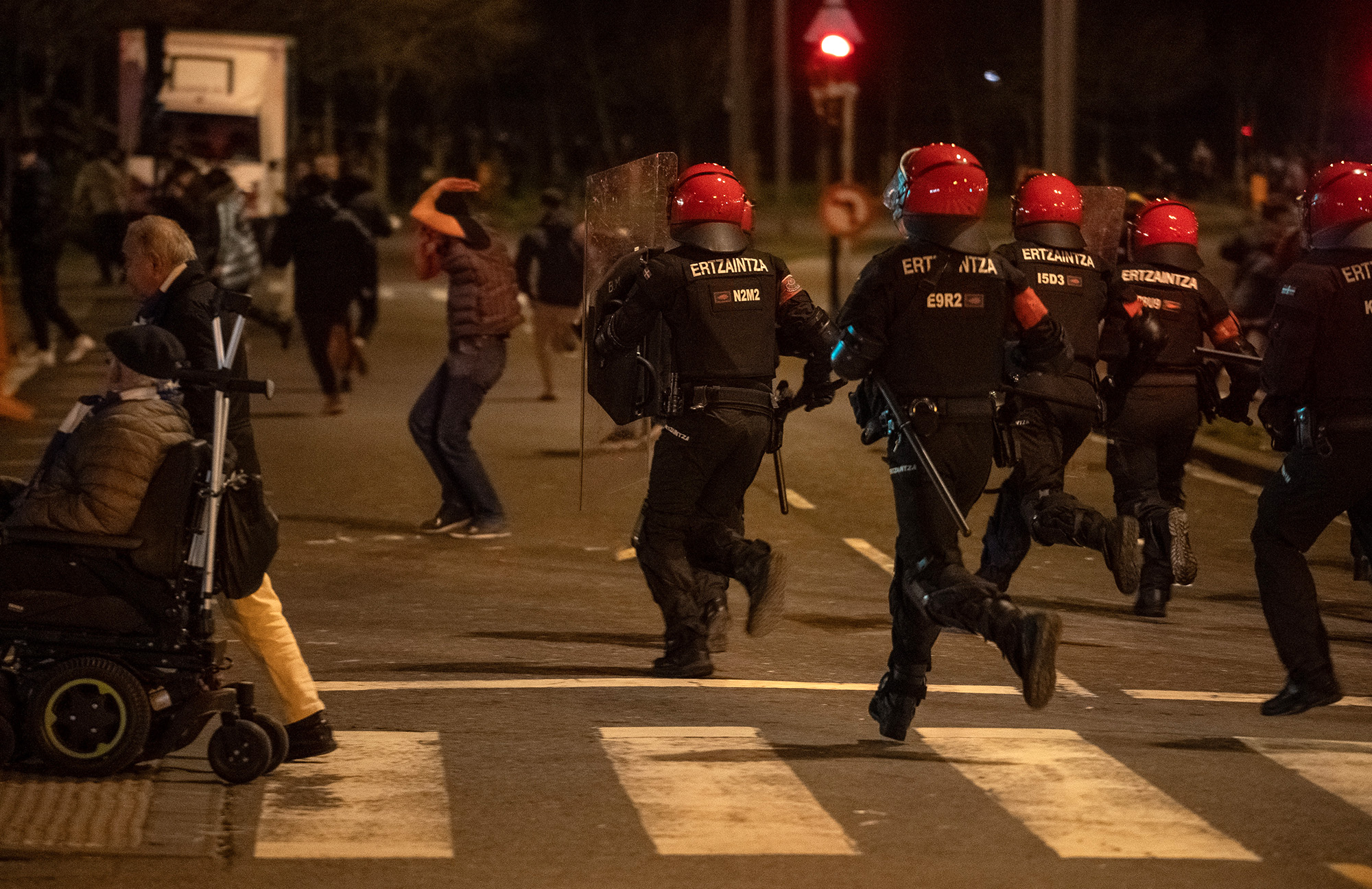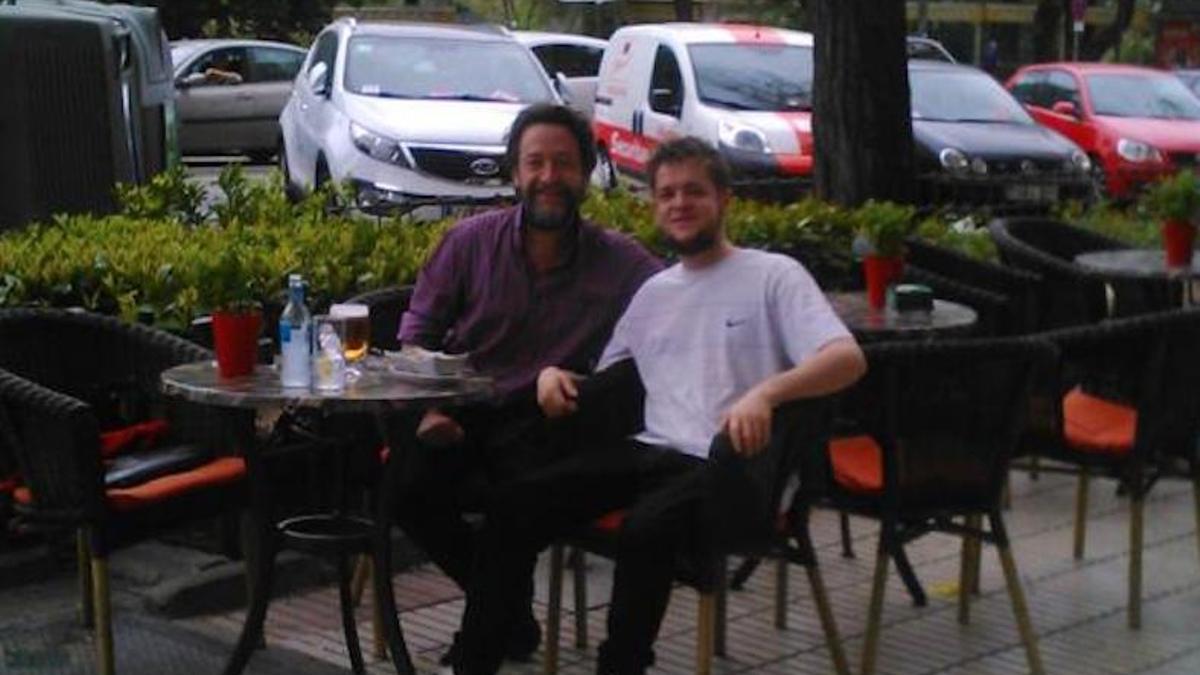Safe roads for school? Stop police abuse!

Today we have left home early, for once we can reach school in time. It's 09:00 in the morning at Fray Zacarias Street in the Old Part of Vitoria-Gasteiz and a camper from the Ertzaintza crosses the Landxo sports club. We have left the after-school activities, it is 18:00 in the afternoon in the Casco Viejo and there are two vans from the Ertzaintza on the street school, two young people facing the wall of Campillo. It is Sunday, in Rafa square there are fewer children playing than usual, the car of the munizipals has gone through the street school in the opposite direction, four young people dialogue on the stands of the new park and the police go to them to ask for documentation. It seems worrying that our children regard this picture as normal.
"Four young people dialogue on the stands of the new park and the police go to them to ask for documentation. It seems that our children already consider this picture normal, it's worrying."
A month ago, the gaztetxe sound technician and neighborhood baker were arrested, both violent, for no apparent reason. That's how things are in our neighborhood in the last few months, and no, in a militarized neighborhood, we don't live safer.
With young children hanging by hand, with the skateboards they like to catch or hide, we have no sense of security in the streets full of Police. It's not a safer neighborhood, it puts us in a permanent situation of anguish, of constant tension. And they fear, fear among neighbors. Sometimes we've been looking at each other, and soon he comes with pride asking an ertzaina, as if this made him uncomfortable, is it really necessary for twelve policemen to identify two young people about 17?
Let us say clearly that in our neighborhood, the police carry out racist identification and persecution on a daily basis. And we have become accustomed, often with the barbarism of the media this violent hunting of young Maghreb is justified. They walk on the rag, some say. We know that this is not the problem, in the canton of San Marcos no more drugs are consumed than in Mateo Moraza Street on a Saturday night. The problem is that they are poor and racist -- that's the fear you want to shorten. Their youth and Maghreb status want to be matched by crime. And that -- we don't buy them, in this neighborhood, we've been trying to build coexistence among neighbors for decades, and we know that fear among neighbors is one of the main enemies.
"The police carry out racist identification and persecution on a daily basis. And we've gotten used to it, it's often justified by the hustle and bustle of the media."
As social inequalities increase, conflicts increase, we also live them, we do not deny them, we do not hide them. We have problems, problems with coexistence. And we want to address other approaches, from mutual knowledge, from mutual recognition, from the creation of links. This is how we have learned to do it in the Old Town of Vitoria-Gasteiz, with its educational streets, with Goian, with the association of neighbors, with the individuals… many times we have not succeeded, and the problems, the conflicts. We don't have magic formulas, but it's clear to us that our streets will be safe when we fill them with neighbors who are able to care for and recognize us. To this end, the reception approaches, the Ongi Etorri Alde Zaharra programme, the mutual assistance networks … and we continue to learn.
The police compliance of the neighborhood hinders all these approaches. We want to denounce racism and police abuse as neighbours. As parents, we do not want to educate our children on the streets where fear and violence reigns, nor on hostility among neighbors.
"We have problems, problems with coexistence. And we want to address other approaches, from mutual knowledge, from mutual recognition, from the creation of links."
So we ask the next mayor to act responsibly. We want less police and more social services. That they immediately suspend racially based police races and give value and funding to the social approaches of the neighborhood's agents.
Hafsa Tahir and Aitor Alustiza, representing the association of parents of the Ramón Bajo school of the Casco Viejo de Vitoria-Gasteiz
To Rosa, yes, because that's what home and friends said. On 30 June she will be 29 years old as a result of an infection caused by a pelotazo released 7-8 meters by the Ertzainas. This was evident at the hearing or working session held on 26 January 2023 before the Police Victim... [+]








